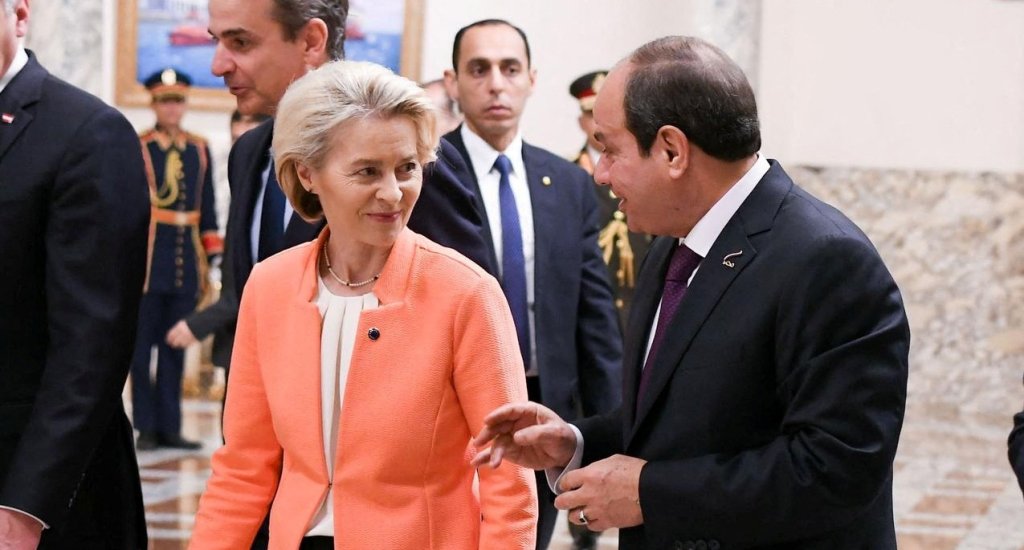UNHCR has suspended most refugee aid in Egypt due to severe funding shortages, leaving thousands without medical care. The ongoing war in Sudan has forced 12 million people to flee, with about 1.5 million seeking refuge in Egypt. However, only 670,000 of them are officially registered with the UNHCR.
Due to budget constraints, the agency will now only provide emergency medical assistance, affecting around 20,000 refugees who rely on essential treatments. This decision means that many patients suffering from chronic illnesses like diabetes and high blood pressure will no longer receive medications such as insulin or beta blockers. Jakob Arhem, a public health officer at UNHCR, warned that without this support, many refugees will struggle to afford medical care, leading to severe health complications and even deaths. Although registered refugees have access to Egypt’s national health system, most cannot afford the high medical costs.
The crisis also threatens vital UNHCR programs that support the most vulnerable, including unaccompanied children and survivors of rape and torture. With the number of refugees in Egypt tripling since the start of the Sudan war, the strain on resources has become overwhelming. More refugees are expected to arrive as the conflict in Sudan and instability in South Sudan continue. Farah Nassef, a UNHCR Child Protection Officer, expressed concern, stating that aid workers see refugees at their most desperate moments but are now unable to provide the help they need.
The funding crisis is partly due to significant reductions in foreign aid, particularly from the United States, which previously covered about 40% of UNHCR’s budget. Under President Donald Trump’s administration, these contributions were significantly reduced, and the UK and Germany have also cut their development aid budgets, worsening the situation. UNHCR has already eliminated 400 jobs globally and now faces tough choices about which programs to continue. Suspending refugee aid in Egypt is one of the first major cutbacks resulting from these financial constraints.
In March 2024, the European Union signed a €7.4 billion agreement with Egypt to support its economy and manage migration, with €200 million allocated for migration control. The deal focused on border security, tackling human trafficking, and creating legal migration pathways. However, human rights groups have criticized the agreement, saying it fails to address the urgent needs of refugees, many of whom live in extreme poverty. Experts warn that without adequate support, more refugees may attempt dangerous Mediterranean crossings to reach Europe.
The International Organization for Migration (IOM) is also experiencing financial difficulties, with a projected shortfall of over $1 billion. Amy Pope, Director-General of IOM, has warned that further budget reductions are expected by 2026, affecting migrants globally. As funding shortages worsen, the future remains uncertain for millions of displaced people who depend on humanitarian aid. Without urgent action, refugees in Egypt and beyond may face even greater hardship.

